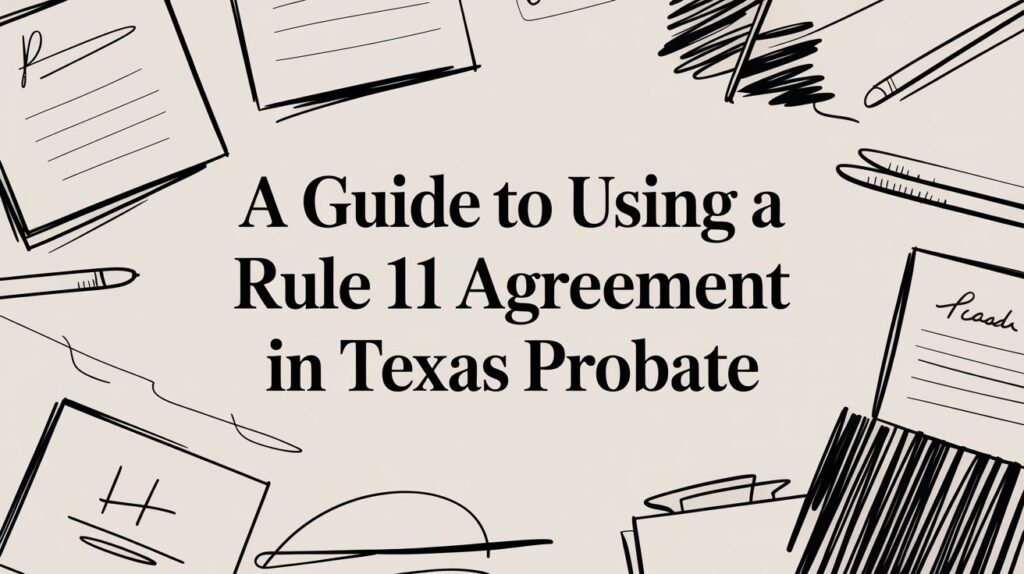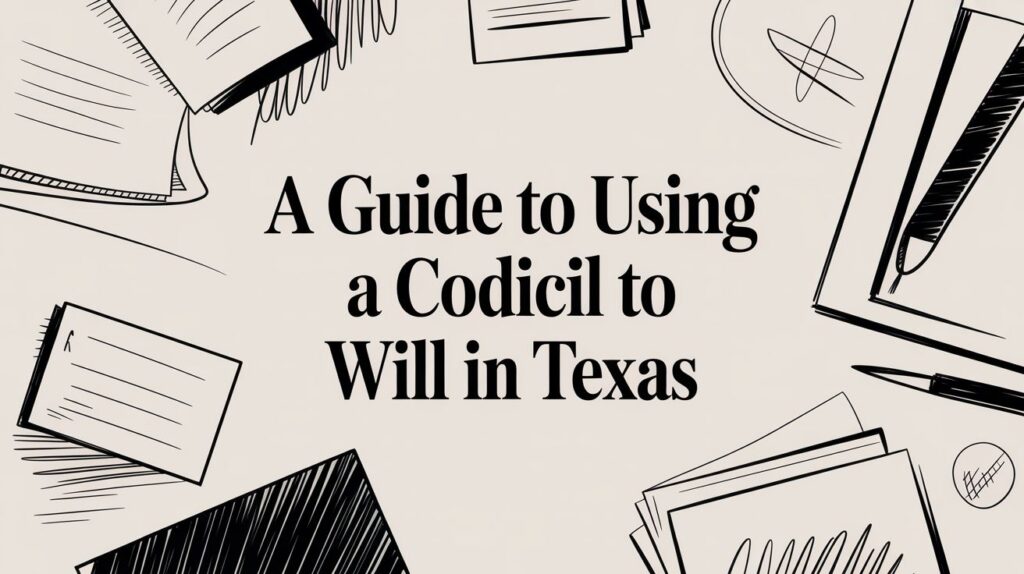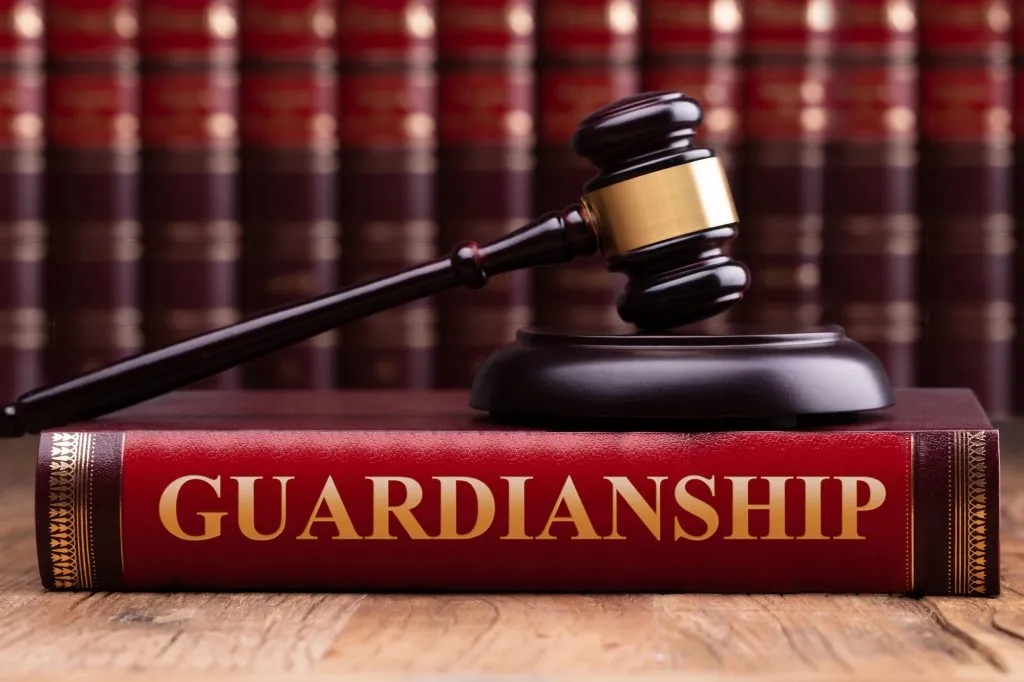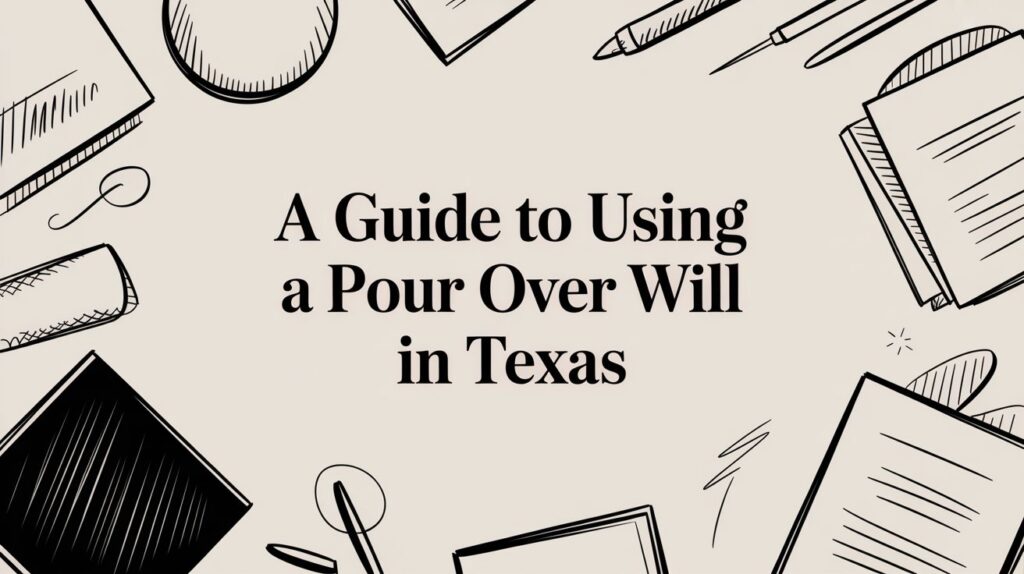If you’ve been wondering, do IRAs or 401k go thru probate in Texas, you’re not alone. With the complexity of estate planning laws and retirement accounts, it’s easy to get lost in the legal jargon. Yet, the answer to this question can have a massive impact on your loved ones and your financial legacy. In Texas, probate laws are nuanced—and understanding how IRAs and 401(k)s are treated by the court is essential for avoiding unnecessary delays, taxes, and complications.
In this article, we’ll explore how Texas handles retirement accounts when someone passes away. We’ll walk you through real-life examples, explain how beneficiary designations work, and break down the scenarios that cause an IRA or 401k to go through probate. Whether you’re doing long-term planning or sorting through a loved one’s estate, this guide will clarify what you need to know.
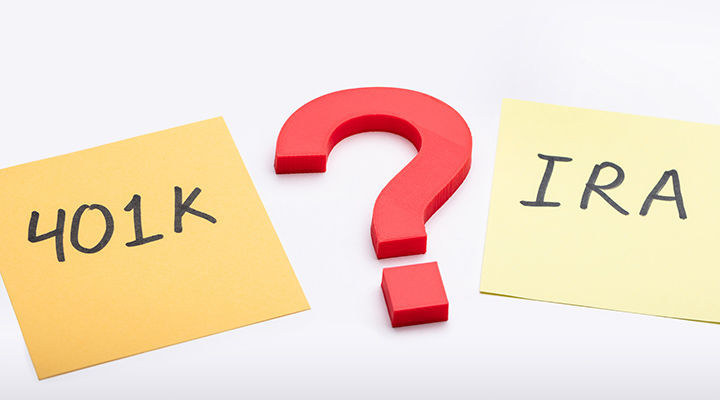
The Basics: What Is Probate in Texas?
To understand whether IRAs or 401k go thru probate in Texas, you first need to know what probate is. Probate is the legal process through which a deceased person’s assets are distributed under the supervision of a court. This includes validating the will, appointing an executor, paying debts and taxes, and distributing the remaining assets to heirs.
Is Probate Always Required in Texas?
No, not always. Texas has several probate alternatives like:
- Small estate affidavits
- Muniment of title (when there’s a valid will and no debts)
- Independent administration (less court oversight)
However, certain assets bypass probate entirely, depending on how they’re titled or if a beneficiary is named—and this is where IRAs and 401(k)s come into play.
Do IRAs or 401k Go Thru Probate in Texas?
Here’s the short answer: Typically, no—IRAs and 401k accounts do not go through probate in Texas if a valid beneficiary is named.
These retirement accounts are designed to transfer directly to the named beneficiary upon death. They’re considered non-probate assets, which means they are not controlled by the will and don’t require court involvement.
But—and this is a big but—there are exceptions. And those exceptions can completely change the outcome for a surviving spouse or children.
When IRAs and 401(k)s Avoid Probate
If the account holder names a living person (or trust) as a beneficiary, the funds pass directly to that beneficiary without court interference.
Let’s say Daniel, a retiree in Houston, named his wife Maria as the sole beneficiary of his IRA. When Daniel passed away, the account transferred directly to Maria no probate necessary. The financial institution just needed a death certificate and identification to release the funds.
When IRAs and 401(k)s Do Go Through Probate in Texas
There are three main situations when a retirement account might go through probate in Texas:
- No beneficiary was named
- The named beneficiary predeceased the account holder and no backup was listed
- The estate is named as the beneficiary
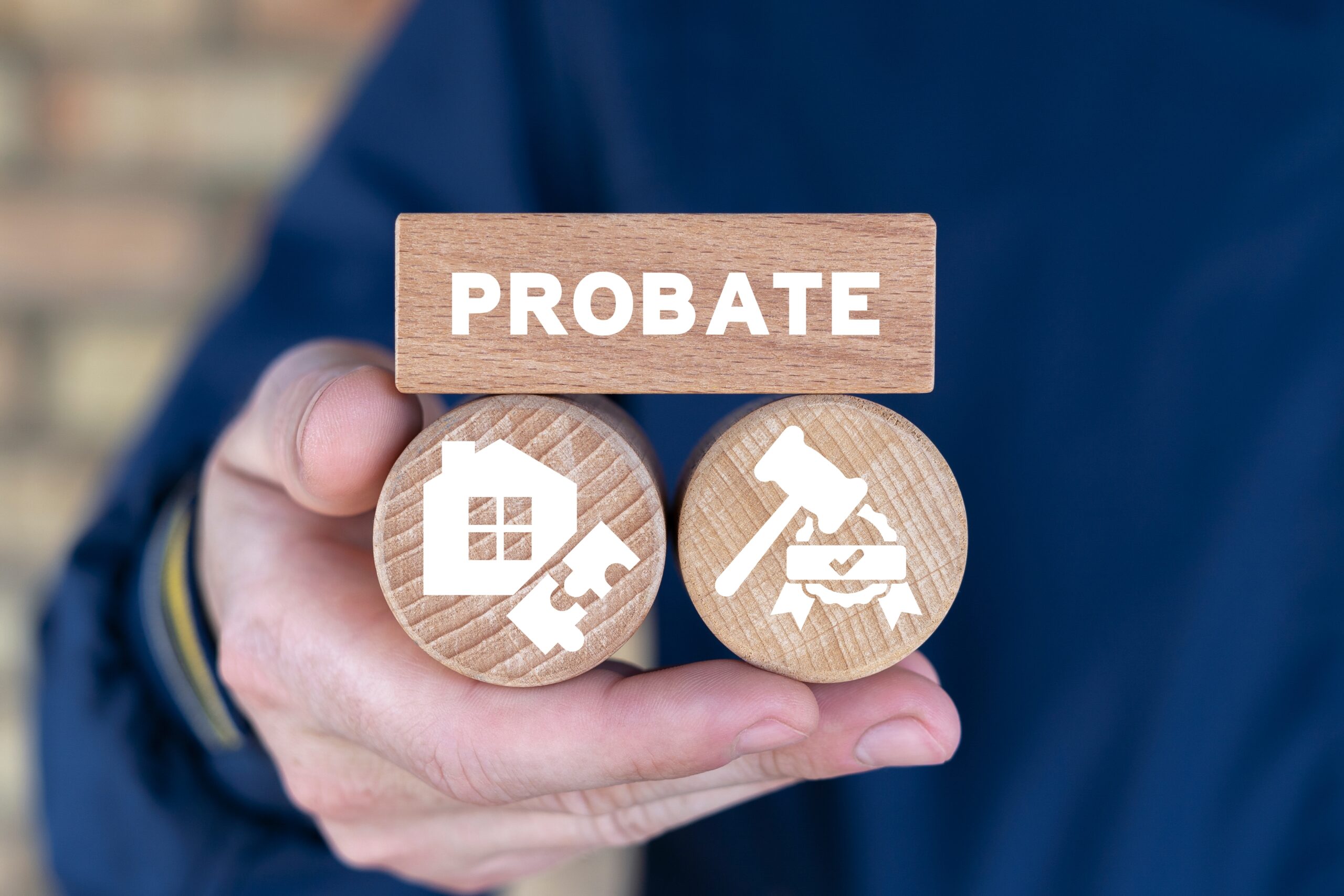
Let’s take a closer look.
The Hidden Trap: Failing to Name a Beneficiary
If no one is listed as a beneficiary on the retirement account—or if the listed person has died—the account becomes part of the decedent’s estate. That means the court now has to step in, and the account does go through probate.
This is a common oversight. Imagine Sarah, a Dallas schoolteacher, listed her husband as the beneficiary of her 401(k) back in 2001. They divorced in 2007, and she never updated the form. When Sarah died unexpectedly in 2023, the plan had no valid beneficiary. The account defaulted to her estate—and her kids had to go through probate to claim the funds.
This process delayed access to the money for over six months and racked up thousands in legal fees.
Naming “The Estate” as Beneficiary: What Happens Then?
Some people intentionally list “My Estate” as the beneficiary of their retirement accounts, thinking it will streamline distribution. It does the opposite.
In this case, the IRA or 401(k) must go through probate, and the funds are subject to creditor claims before the heirs receive a dime. This strategy might make sense in rare cases involving complex trust arrangements, but for most families, it causes more harm than good.
What About Trusts as Beneficiaries in Texas?
If you’re considering naming a trust as the beneficiary of your retirement accounts, this can be an effective estate planning tool—if done right.
Texas law allows a trust to receive IRA or 401(k) assets, and this setup can offer:
- Asset protection for beneficiaries
- Structured distributions over time
- Control over when and how funds are used
However, trusts must be carefully drafted to comply with IRS regulations, or else you risk accelerated taxation. It’s best to consult with an estate planning attorney who understands how to structure trusts for retirement assets specifically.
Spousal vs. Non-Spousal Beneficiaries: Texas Rules
In Texas, your relationship to the deceased affects how the IRA or 401(k) is handled after death.
Spousal Beneficiaries
Spouses have the most flexibility. They can:
- Roll over the account into their own IRA
- Leave the account in the deceased spouse’s name and take distributions
- Delay required minimum distributions (RMDs) until age 73
Texas is a community property state, so a spouse may have a claim to a portion of the account even if not listed as a beneficiary depending on how the account was funded.

Non-Spouse Beneficiaries
Non-spouses (children, siblings, etc.) must typically withdraw the entire account within 10 years due to the SECURE Act. These distributions are taxable, and timing them well can reduce tax liability.
A clear beneficiary designation avoids probate and gives your loved ones direct access to the funds—with fewer delays and legal costs.
Real-Life Scenario: Probate Nightmare Over a 401(k)
Let’s talk about Marcus, a 58-year-old who passed away suddenly in San Antonio. He had a healthy 401(k) from years of working in oil and gas. But here’s the issue—he never named a beneficiary.
That account ended up in probate, tangled in legal red tape for nearly a year. His adult children couldn’t access the funds when they needed them most. They had to pay court fees, hire a probate attorney, and deal with the stress of hearings and filings—all because of one missed form.
Compare that to Marcus’s brother, who passed away five years later with a similar-sized retirement account. But he’d updated his beneficiary form two months prior. His daughter received the funds within 30 days, no court, no delays, no drama.
How to Make Sure Your Retirement Accounts Bypass Probate in Texas
Avoiding probate is simple—but it takes intention and regular review. Here are five key steps to ensure your IRA or 401(k) doesn’t go through probate in Texas.
1. Name Primary and Contingent Beneficiaries
Don’t just name a primary beneficiary—add at least one backup (contingent). That way, if the primary beneficiary passes away, the account still avoids probate.
2. Review Your Beneficiaries Regularly
Life changes—marriage, divorce, births, and deaths. Make it a habit to check your beneficiary designations every few years or after any major life event.
3. Avoid Naming the Estate
Unless advised by a qualified estate attorney, don’t name your estate as the beneficiary of an IRA or 401(k). It adds legal hurdles, delays, and opens your retirement funds to creditors.
4. Work With an Estate Planning Professional
Texas probate laws are unique. An estate planning attorney can ensure your retirement accounts align with your overall estate plan and help you avoid unintended outcomes.

5. Consider a Trust—If It Fits Your Goals
If you want more control over how your retirement assets are used after you’re gone (like protecting a minor or a spendthrift heir), a properly structured trust can help—but it must be IRS-compliant to avoid tax issues.
Probate Alternatives in Texas Worth Knowing
Even if an IRA or 401(k) ends up in the estate, Texas offers some probate shortcuts:
- Muniment of Title: When there’s a will, no unpaid debts, and no need for full probate
- Affidavit of Heirship: A tool for heirs to claim property without full probate
- Independent Administration: Allows executors to manage the estate with minimal court oversight
Still, it’s better to avoid these routes entirely when dealing with retirement accounts. That means ensuring proper beneficiary designations are in place.
Plan Now to Keep Your IRAs & 401(k)s Out of Texas Probate
So, do IRAs or 401k go thru probate in Texas? Usually not—as long as there’s a named beneficiary. But overlooking simple steps can turn a straightforward transfer into a complicated, drawn-out probate nightmare.
Key Takeaways:
- Retirement accounts like IRAs and 401(k)s are designed to bypass probate when beneficiaries are named.
- Failing to update your forms or naming your estate can trigger probate in Texas.
- Proper planning protects your family from legal delays, tax burdens, and stress.
- Always review beneficiary designations after major life events.
- Consult with an estate planning attorney if you want to name a trust or have a complex situation.
Your retirement accounts should serve your loved ones, not the court. With a little foresight, you can make sure your legacy is protected—and that your family gets what you worked so hard to save, without the red tape.



